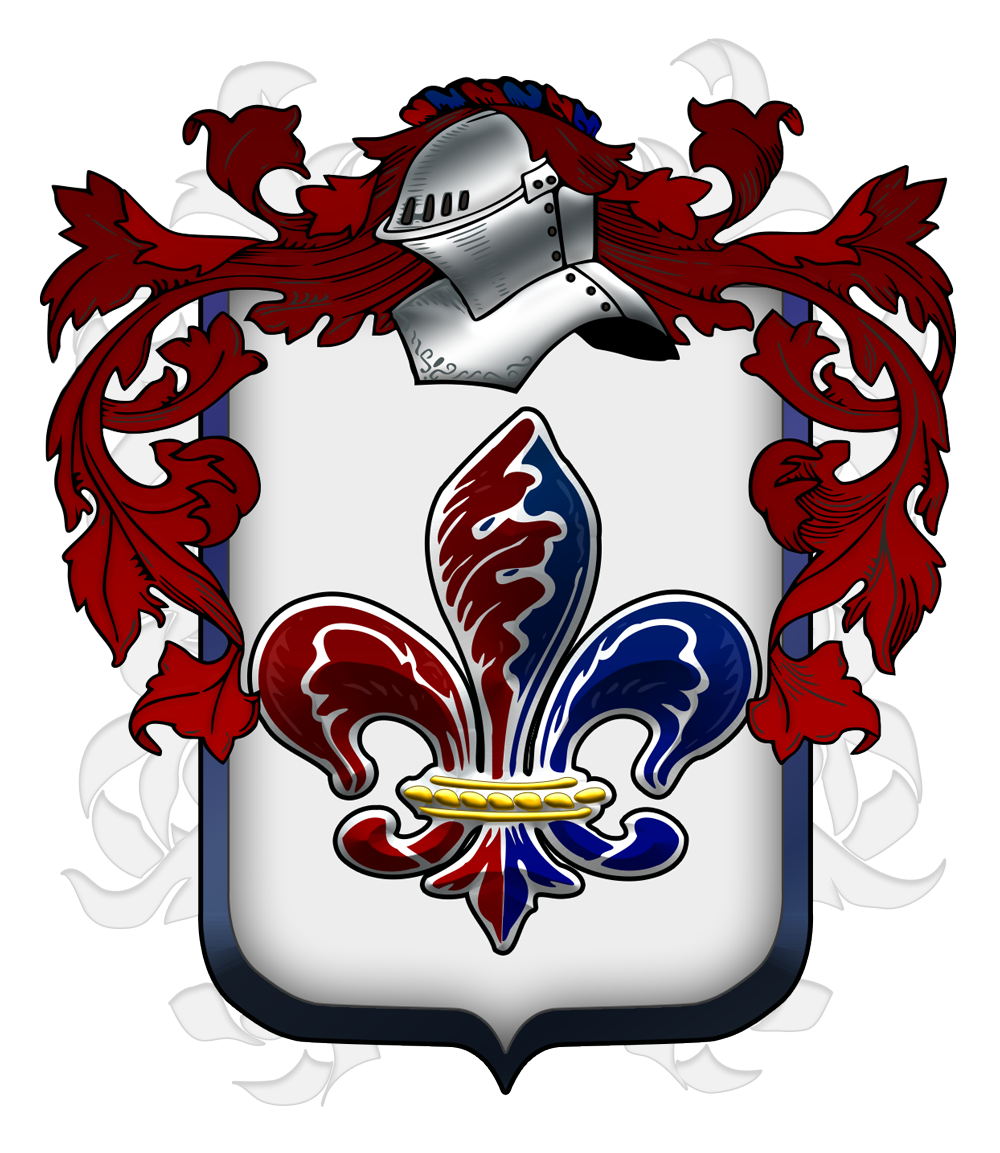Born in Upton Road in Oxton in 1904, Philip Toosey was educated at Birkenhead School then Gresham’s School in Norfolk, later taking up a position at Baring Brothers Merchant Bank in Liverpool. At his boss’s instigation, he joined the Territorial Army and was then mobilised at the outbreak of World War II, seeing action in Belgium and later being evacuated from Dunkirk. In 1941, he was sent out to the Far East with his men and fought with them to defend Singapore. When it looked likely that the island would be lost to the enemy, he was offered the chance to be evacuated, but refused, insisting that he stay with his men.
He was held captive by the Japanese from 1941 in the prisoner of war camp at Tha Maa Kham (Tamarkan) in Thailand until August 1945, where, as Lieutenant Colonel, he was the senior allied officer in charge of the allied troops.
People believed his story was accurately portrayed by Sir Alec Guinness in Bridge Over The River Kwai, but the Oscar-winning film outraged many of the former prisoners because unlike the fictional Colonel Nicholson in the film, Toosey did not collaborate with his Japanese captors. Instead he gave the appearance of compliance while taking what steps he could to slow down or sabotage the bridge-building, including collecting white ants to undermine the wooden structures and ensuring concrete mixes were badly made.
The only letter safely received by his wife during his time in captivity expressed his complete determination to do his duty by looking after his men as best he could. And so he did, taking vigorous measures to maintain standards of hygiene; negotiating with the Japanese for concessions; and – critically and most dangerously – organising the smuggling of medicines and food.
After the war, Toosey continued in the TA, achieving promotion to Brigadier. He also returned to Barings, spending time in South America as an ambassador for the business while he adjusted to life after captivity. But he did not forget his obligation to the men he had served with. In 1947 he established a network, the Far Eastern Prisoners of War Federation, to enable sufferers all over Britain to meet up, attend lectures and so on. He also developed close ties with the Liverpool School of Tropical Medicine, with which he worked towards finding treatments for ex-prisoners of war who’d returned with recurring, often debilitating, tropical diseases. He was appointed president in 1960s and during his lifetime, helped raise millions to further the School’s work.
He became High Sheriff of Lancashire and was knighted in 1974. After his death on 22 December 1975, his ashes were buried in Landican Cemetery on the Wirral. His full story is told in The Colonel of Tamarkan: Philip Toosey and the Bridge on the River Kwai, by writer and historian Julie Summers, also his granddaughter.
A Repatriation Memorial was dedicated to all Far Eastern prisoners of war and civilian internees (1941- 1945) at the Pier Head in Liverpool in 2011. Money for the plaque was raised by the Researching the Far Eastern Prisoners of War History group.
Louise McTigue is a freelance writer and researcher, writing on behalf of Sarsfield Memorials.


